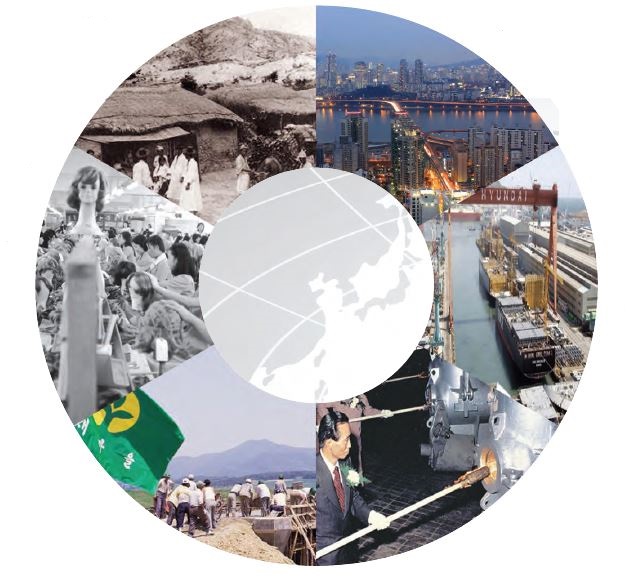
Learning from Korea’s experience
- Date 2013-08-01 09:05
- CategoryResearch and Education
- Hit1683
Learning by doing is a good policy for learning institutions to adopt. Governments too need to learn from their experience. But it is doubtful if they have to entirely depend on trial and error and learn from their practical experience.
As we know, development is a long process that takes decades to achieve. Waiting results of development policies also takes years, even decades. This means, if a policy fails to achieve the intended goal, governments have to devise another policy that better suits their country’s reality. There is no guarantee of success for this policy either. So, what should nations do to shorten the development process? It may not be easy to have a good answer but expressing opinion is possible.
Developing countries have no enough time to design brand policies and wait for results as they have already lagged far behind. This makes learning from others’ experience fair if not best strategy. Korea is the best country to take its development experience as a model. It may seem a naïve selection but it is not. Korea has much to offer to developing countries in terms of development experience as its starting point was similar, even worse than its counterparts in the developing world.
Korea has similar experience with many developing countries, especially with African countries as it shares colonial history, post-independence war (the Korean War) and had a predominantly agricultural society. On top of that, Korea had one disadvantage that a majority of developing countries do not suffer from – lack of natural resources. The only thing that Korea had when it launched its ambitious development plan was abundant labor force, which developing countries also have in abundance. More importantly, expansion of the size of the world market was an advantage that Korea had when it launched its development plan. But this shouldn’t be considered as an advantage over today’s developing countries as the size of the world market has considerably increased since then.
Abundant and diligent labor force, bigger size of the world market and enthusiastic government and well-designed policies to eliminate poverty were at the heart of Korea’s development. Later, these were accompanied by creating skilled man power and improved institutions. The latter two factors are not exclusively reserved and naturally given to Korea only. They can be created by any country at any time.

If Korea has developed with all these disadvantages, why not developing countries that have much better advantages than Korea had in the 1950s and 1960s? This may lead to a conclusion that development is possible at a lowest cost and shorter period if countries learn from Korea’s development experience. This should not sound adopting Korean policies as it is. Taking in to account socio-cultural differences, time variation, the functioning of the world economy and its size, technological advance and other differences, developing countries need to adjust their policies in a way that matches their reality.
Yet, there are fundamental factors that must be secured all the time and of course anywhere – strong and dynamic institutions and educated human capital. Apart from this, economic growth has to be accompanied by social transformation in order to achieve meaningful development. Korea’s policy of rural transformation (Saemaul Undong) has to be adopted with some modifications in order to transform the predominantly subsistence farming society and economy into an industrialized one. If economic growth is not accompanied by transformation of the mass rural society and economy, achieving development is unlikely and economic growth is nothing by itself.
By Kalekristos Zerisenay (2012 MDP, Eritrea)
Related News
-
Research and Education6 days ago
Republic of Korea Economic Bulletin, May 2024#KDI #Economic #KDISCHOOL #kdischool #Economic Bulletin #Research
-
Research and Education34 days ago
Republic of Korea Economic Bulletin, April 2024#KDI #Economic #KDISCHOOL #kdischool #Economic Bulletin #Research
-
Research and Education62 days ago
Republic of Korea Economic Bulletin, March 2024#KDI #Economic #KDISCHOOL #kdischool #Economic Bulletin #Research
